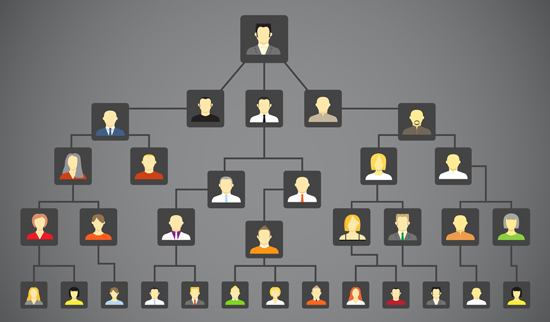“Where we come from impacts who we are”
They were surprised when I gave them their weekend assignment. “I want you to talk with your parents, grandparents, and extended family. Find out where you come from“.
The next week I had a classroom full of bubbling genealogists. “When I asked my gramma where I came from she told me stories I couldn’t believe!” was one of many comments. They were astonished by the narratives behind the names. And all they had to do was ask a question: “Where did I come from?”
For years I have taught the importance of biblical genealogies: sophomores in high school were given a two-week crash course. Key to understanding the Hebrew genealogical mindset in Scripture focuses on biography over birthday and theology over time. For instance, when Nehemiah wanted to make sure he was getting the right people in the priesthood, he checked a genealogical record (Nehemiah 12). When Naboth told Ahab he couldn’t sell his vineyard to the king, the reason was found in family lineage (1 Kings 21).
The most important genealogy belongs to Jesus
But the most important family line in the Bible is obviously about Jesus. Matthew 1 supports Jesus’ hereditary right on David’s throne, promised to the Messiah. The Hebrews proved connection to future position by past parentage. The New Testament begins as a testament to God’s people the Jews that the Promise had come in Person. Jesus’ incarnation—His in-flesh-ness—has continual application for us.
1. If we get people ‘hooked’ on genealogies, if they can see the immediate connection to the rest of Scripture AND to their personal lives, how much more enlivened they might be to study the whole of Scripture more?! 2 Timothy 3.16 cannot be simply something we say, but actually practice: “All Scripture . . . is important for . . . “
2. “Looking Out for a Hero” takes on new meaning in Jesus’ genealogy: a baby who is King. “Hero worship” is best expressed by the phrase “The Christ” in Matthew 1.1. The Annointed One came to eliminate the forces of darkness, giving Light to the world.
3. “Who’s your daddy?” is all important for Jesus’ birth. For the Hebrews who would read Matthew 1.1, “ancestors” were the link to past and future. If you wanted to “be somebody” you had to have the right pedigree. Being in the family line of Abraham and David, shows how the whole of Scripture flows toward The First Noel.
4. Jesus’ birth is the beginning of the end: Matthew 1.1 is literally Jesus’ “book of beginnings”, while Jesus promises in Matthew 28.20 “I will be with you to the end, conclusion, consummation of everything.”
5. Waiting for promises to be kept is humanly hard. Matthew’s genealogy shows that God keeps His promises over years, centuries, millennia–from Abraham to David to Jesus and to our celebration of His birth.
6. When Matthew picks up the mantle of lineage, he is picking up the story of Jesus begun in The First (Old) Testament. Genealogies bracket the beginning of The First Testament. Genesis begins with “these are the generations of” while the final book—Chronicles—establishes family connections starting the book with nine chapters of genealogies.
7. Lawyer alert: the specific connection to Kingship in Matthew’s genealogy makes Jesus’ sovereign rule in our lives “beyond a reasonable a doubt.”
8. Stunning news for any male dominated culture: five women are included in Matthew’s genealogy of Jesus. The intended equality of human genders is returned, celebrated at Christmas.
9. Jesus’ genealogy in Matthew 1 includes Hebrews and Gentiles making Christmas a universal Holiday.
10. Do you have adulterers, prostitutes, and murderers in your lineage? You’re in good company. So did Jesus. At Christmas we are thankful for the giving of God’s grace to us sinners: one of the teachings of Jesus’ genealogy in Matthew 1.
Family matters
Who we are often depends on whose we are. Family matters. The ideal is doubly important in biblical thinking and especially important for Jesus. Claiming to be The Son of God is one thing, proving it is another. Matthew’s genealogy cements the history with the theology leaving intriguing applications for us along the way.
Mark believes that the Christmas tree (a pagan, Druid symbol) should be replaced by the Family tree during the celebration of Jesus’ incarnation.

